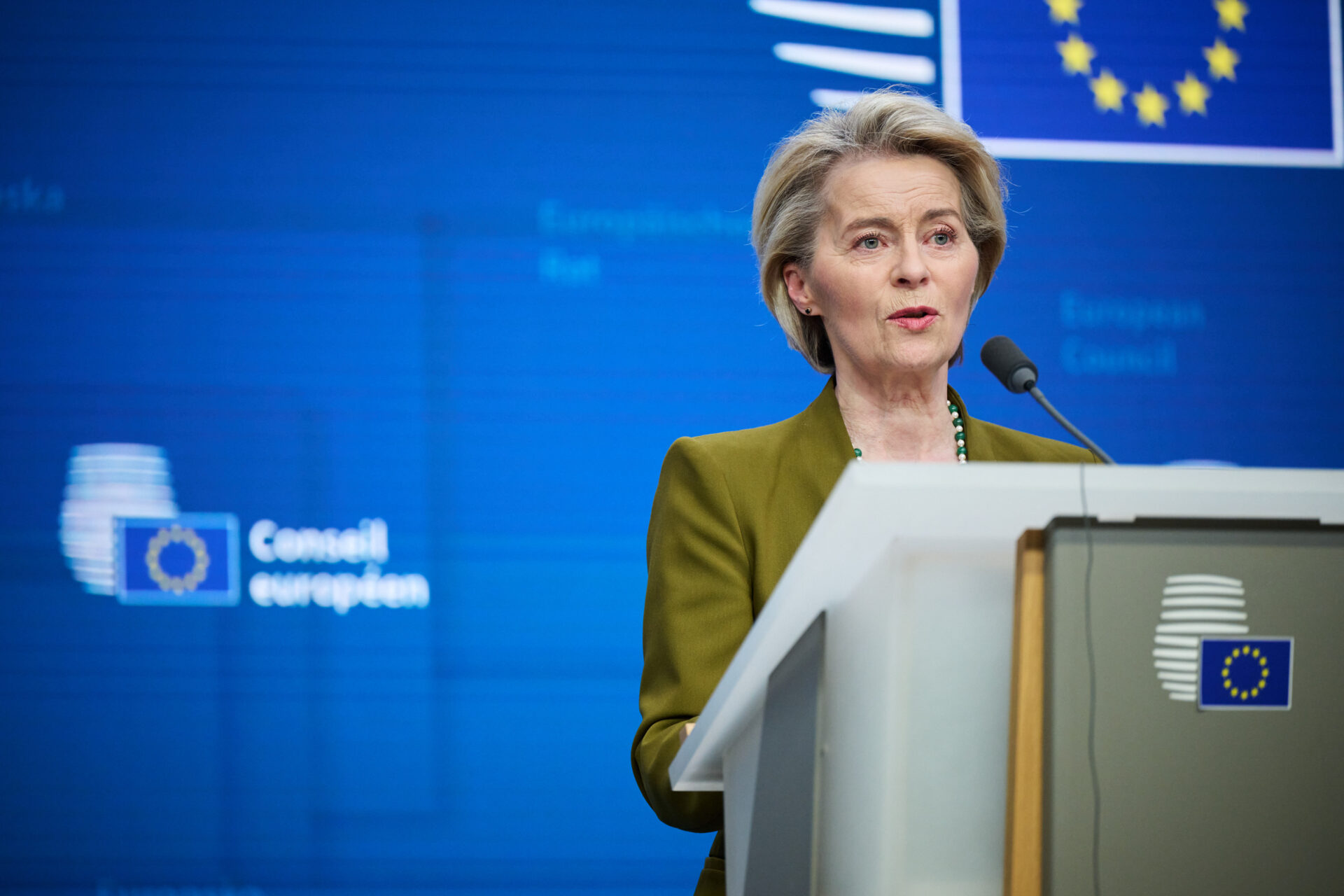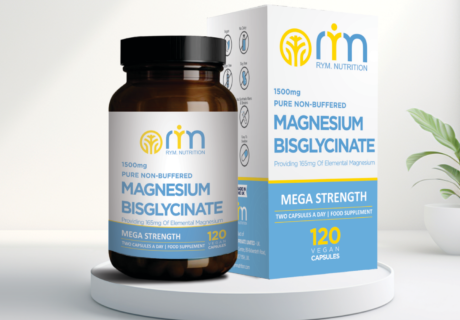On 10 April, TP Organics, the European Technology Platform for organic food and farming, coordinated efforts with 40 organisations from civil society, academia and industry to send an open letter to European Commission President Ursula von der Leyen. The letter calls on the Commission to maintain a strong, independent EU Research and Innovation Framework Programme 10 (FP10), with a dedicated budget and a clear mission aligned with societal needs.
The signatories express concern over recent political narratives suggesting that FP10 could be absorbed into a broader European Competitiveness Fund. They warn that such a move could dilute the programme’s strategic focus, compromise its legal foundation under Article 182 of the Treaty on the Functioning of the European Union, and reduce its capacity to deliver on key societal challenges. As the letter states, “Science must serve as a unifying force, not a source of division. [FP10] is a cornerstone of Europe’s prosperity, resilience, and the long-term sustainability of its economic and social model.”
This initiative comes at a critical moment. The European Commission is currently drafting its proposal for the next Multiannual Financial Framework (MFF) covering 2028–2034, alongside the structure for FP10. As discussions progress, there is a growing push to prioritise technological innovation, defence and economic competitiveness. While these are important elements of Europe’s strategic autonomy, the signatories argue that this must not come at the expense of public interest research or the integrity of EU R&I policy.
For the organic sector, this debate is particularly relevant. EU research programmes have played a key role in advancing agroecology, organic food systems, and sustainability science. FP10 represents an opportunity to continue supporting research that contributes to resilient farming systems, healthy diets, biodiversity, and fair value chains. The transition to more sustainable food systems will not be possible without a robust public R&I programme that supports long-term, mission-driven research and participatory innovation.
FP10 represents an opportunity to continue supporting research that contributes to resilient farming systems, healthy diets, biodiversity, and fair value chains
TP Organics and its partners emphasise that FP10 must not become a subsidiary component of a broader economic strategy. Instead, it should remain a standalone programme guided by scientific excellence, inclusiveness, and societal relevance. The letter echoes recent calls from both the European Parliament and the Council of the EU to safeguard the autonomy of the Framework Programme. It also reflects concerns raised by a wide range of actors across the research and innovation ecosystem.
The signatories invite the European Commission to open a dialogue on the future of FP10 and reaffirm their willingness to contribute constructively to the ongoing policy discussions. Ensuring that the Framework Programme continues to serve the public good is vital not only for research and innovation in Europe but also for sectors like organic agriculture that depend on evidence-based policies and inclusive innovation pathways.
- Read the full letter and press statement here
- Further information at www.organicseurope.bio
The article Safeguarding an independent FP10: why EU research policy matters for the organic sector appeared first on Bio Eco Actual.






